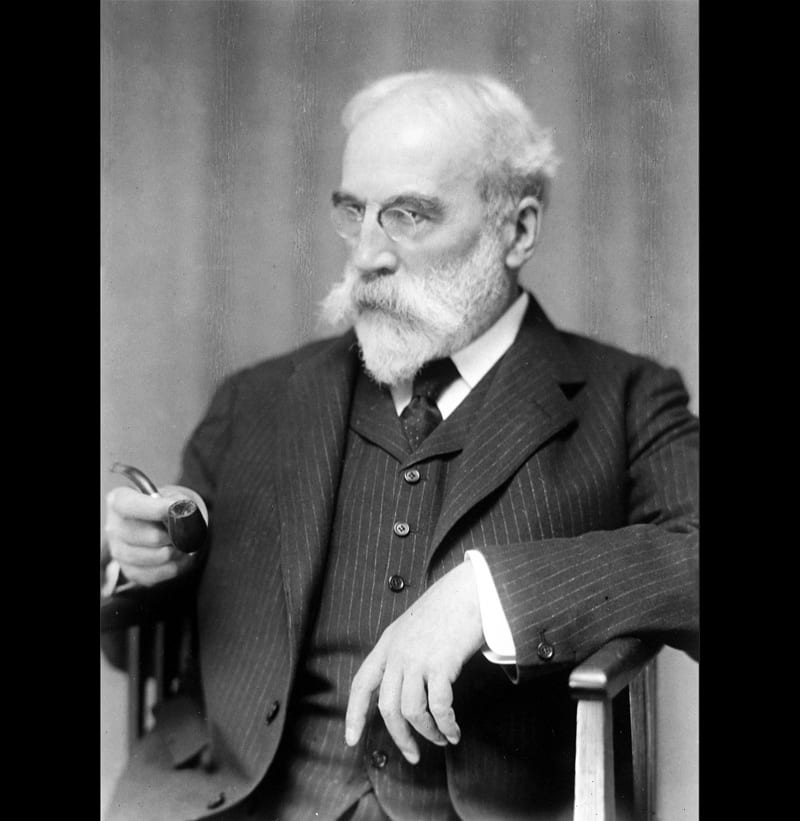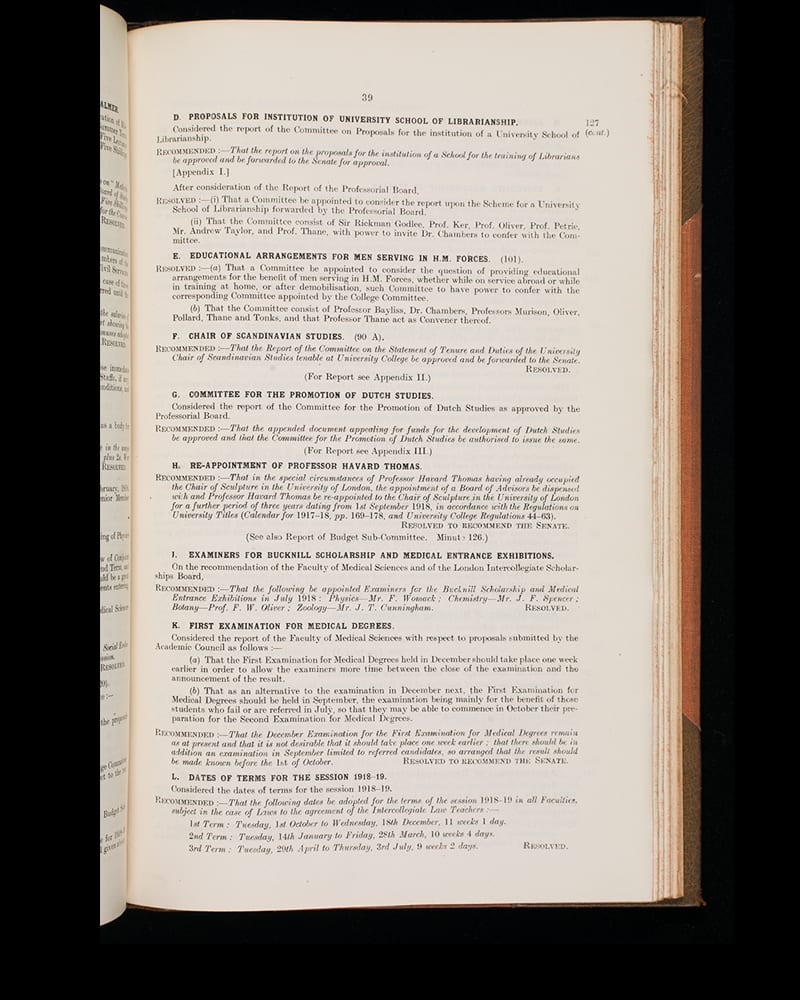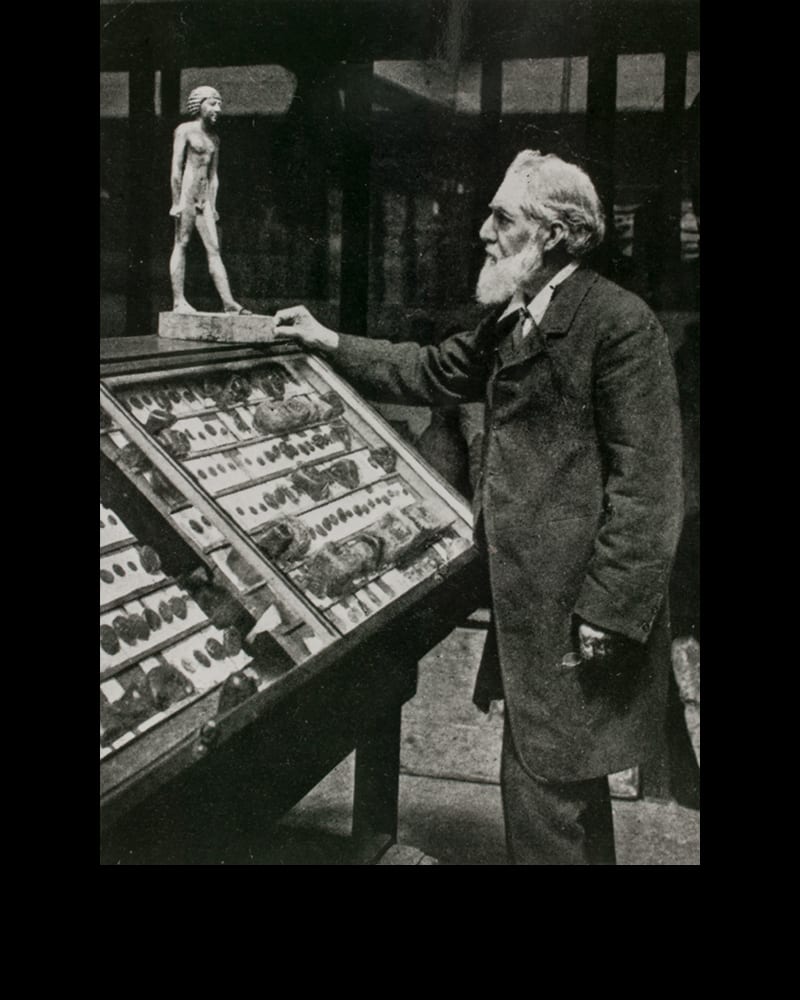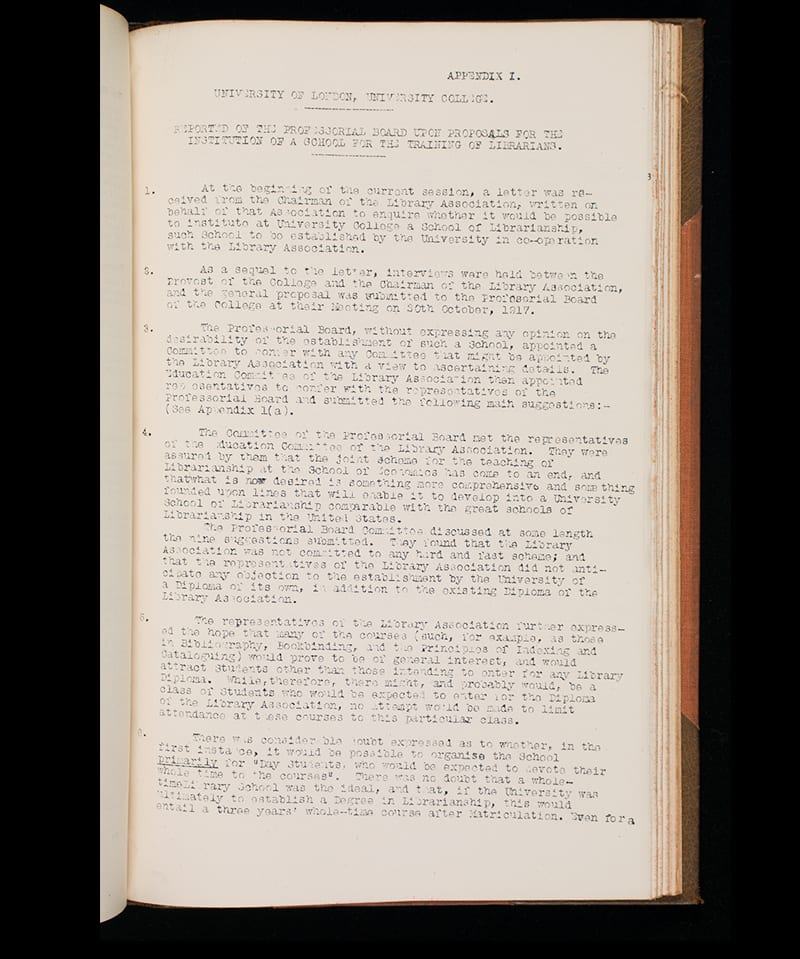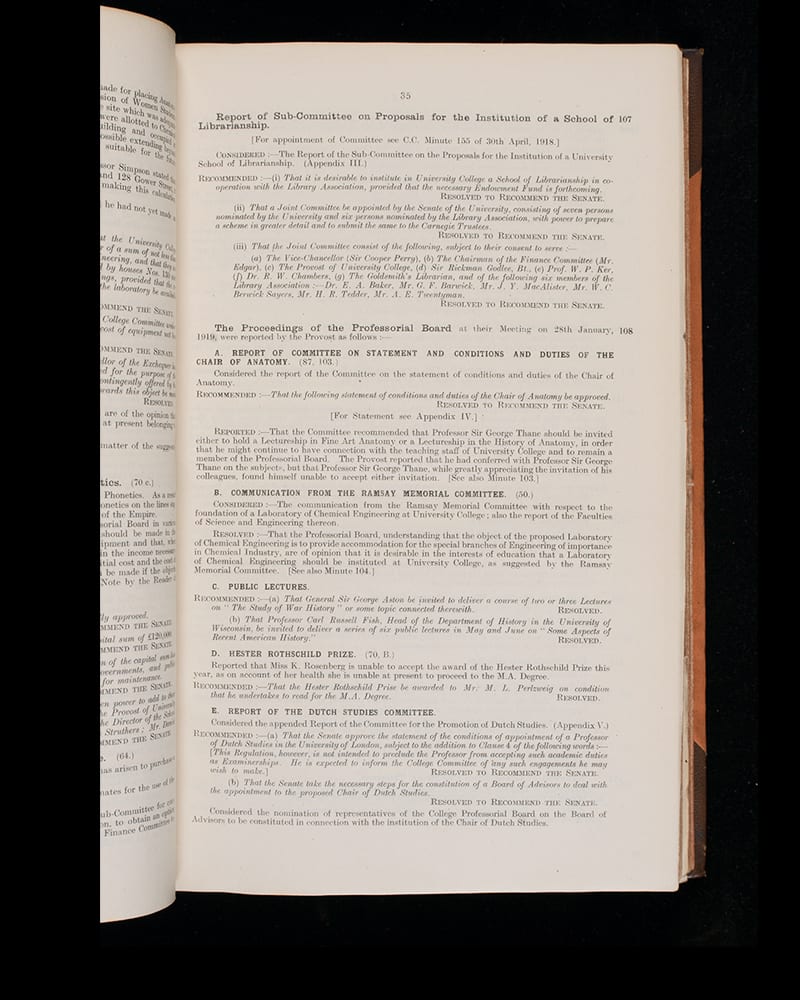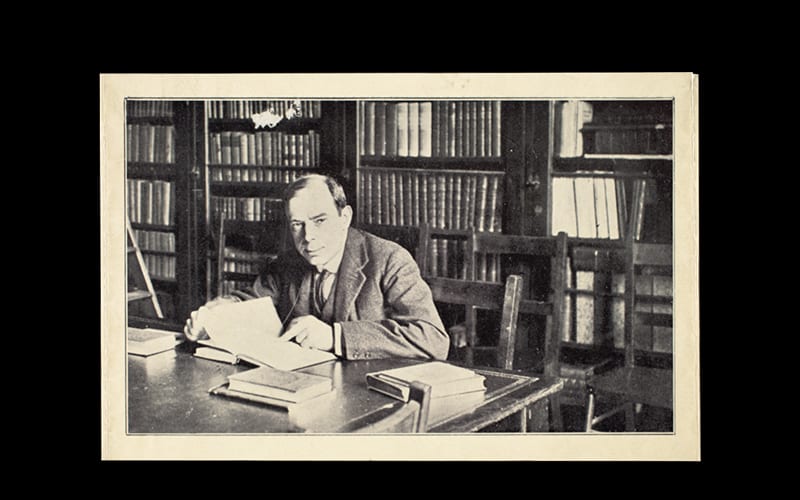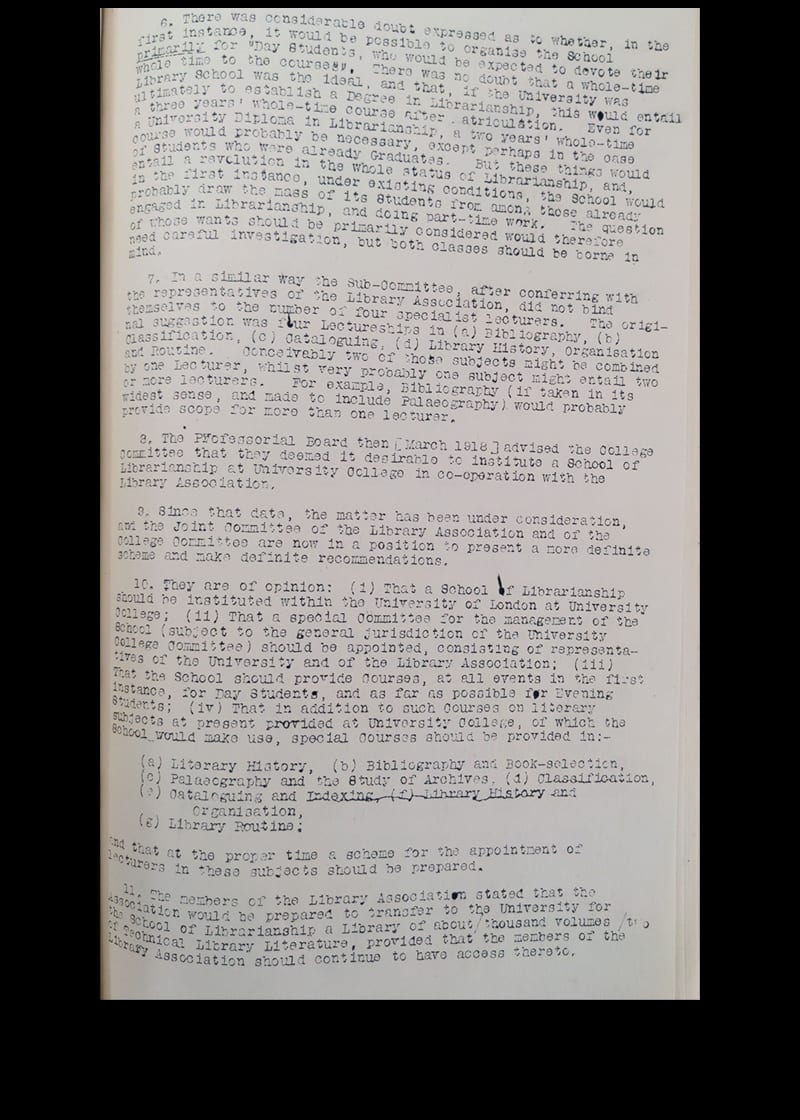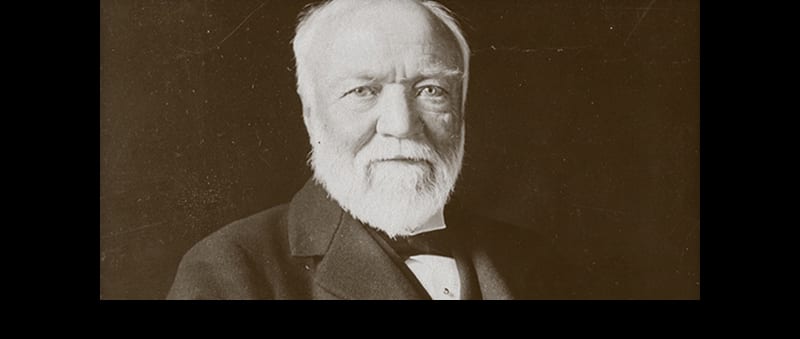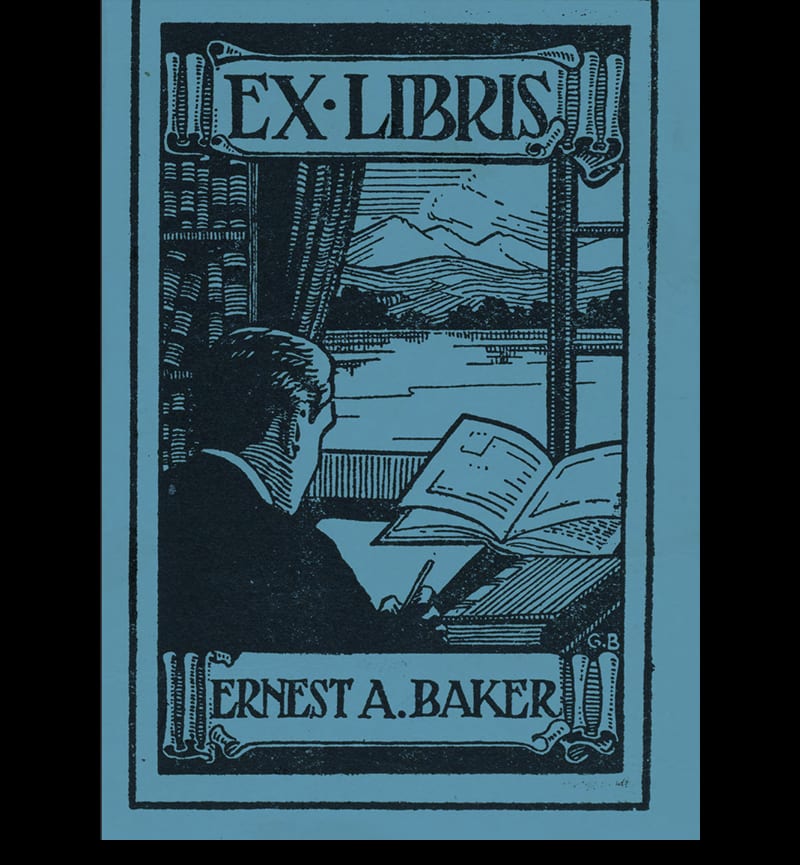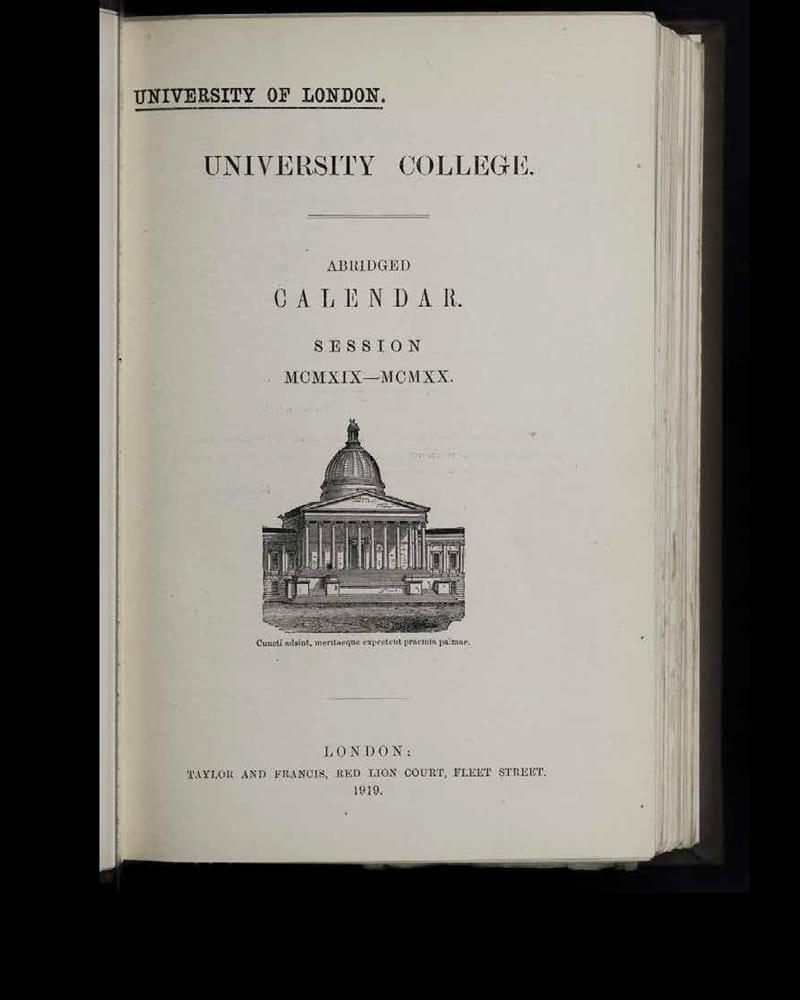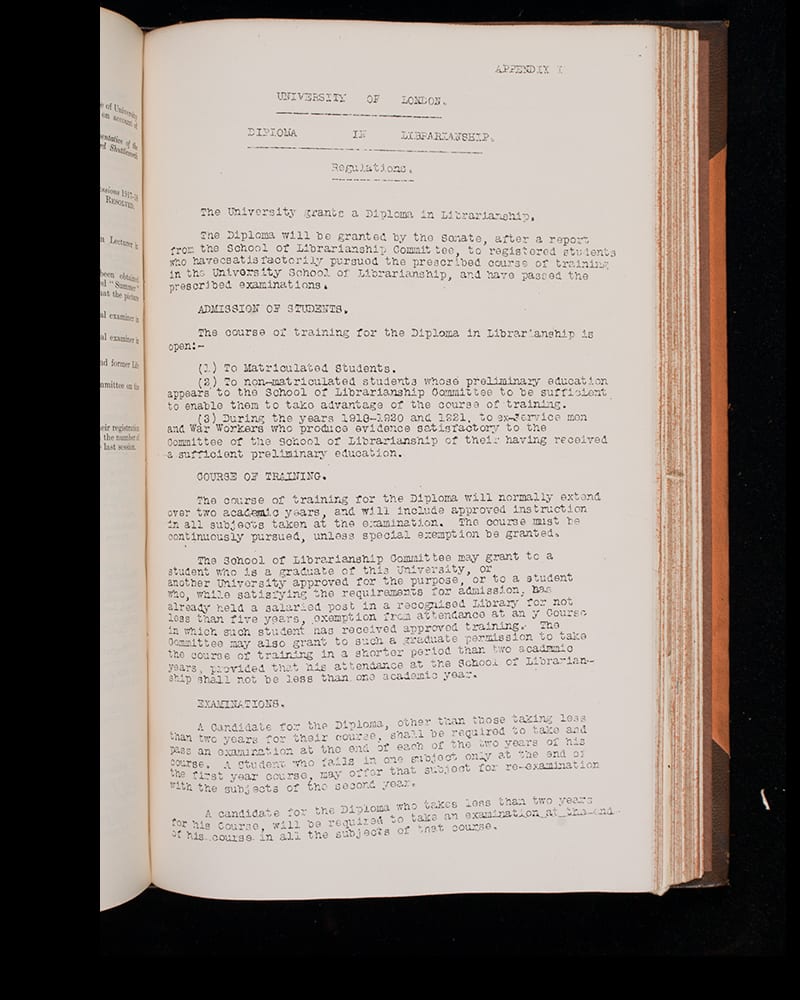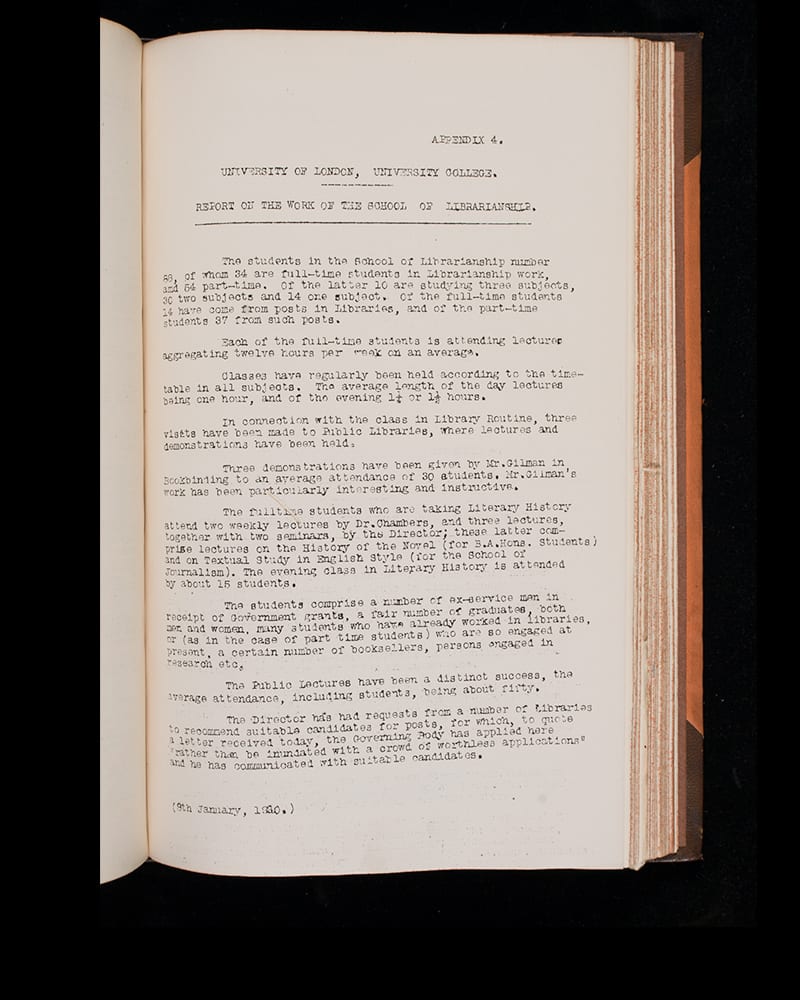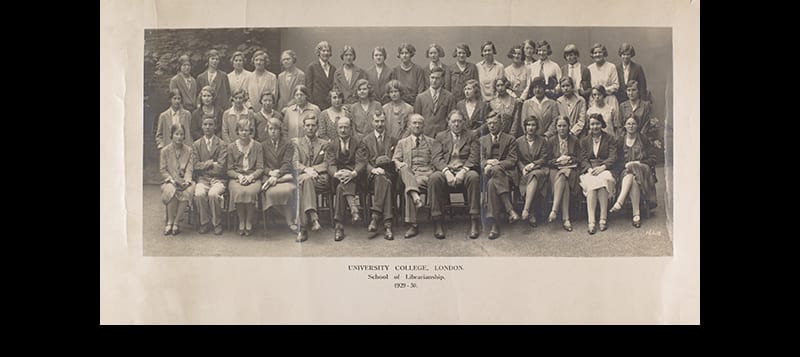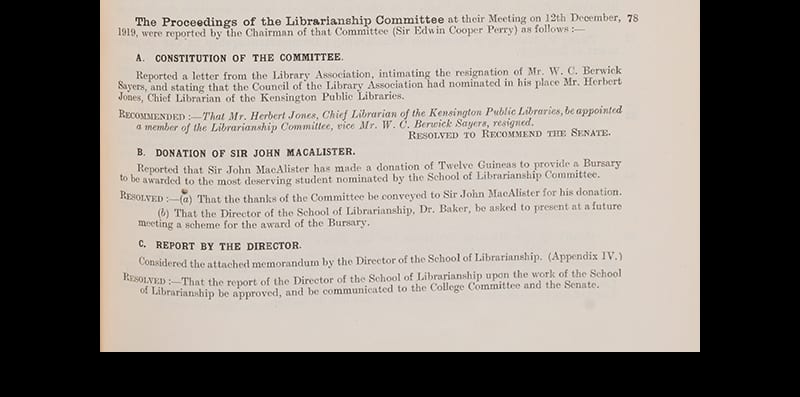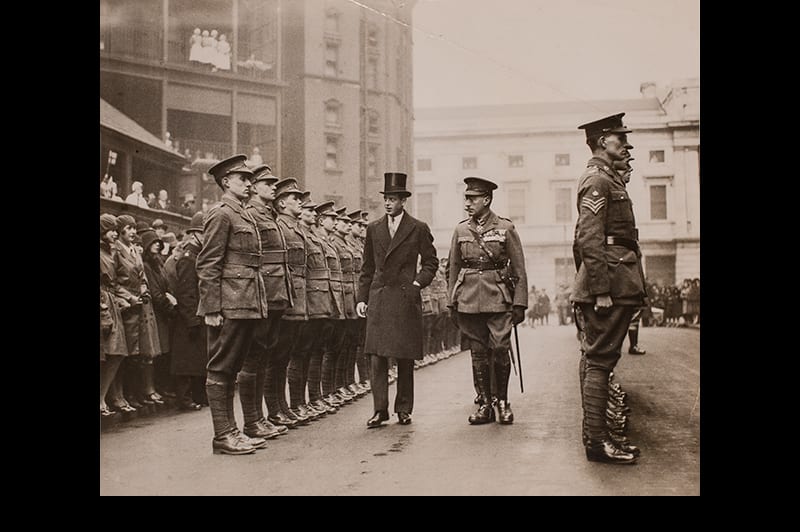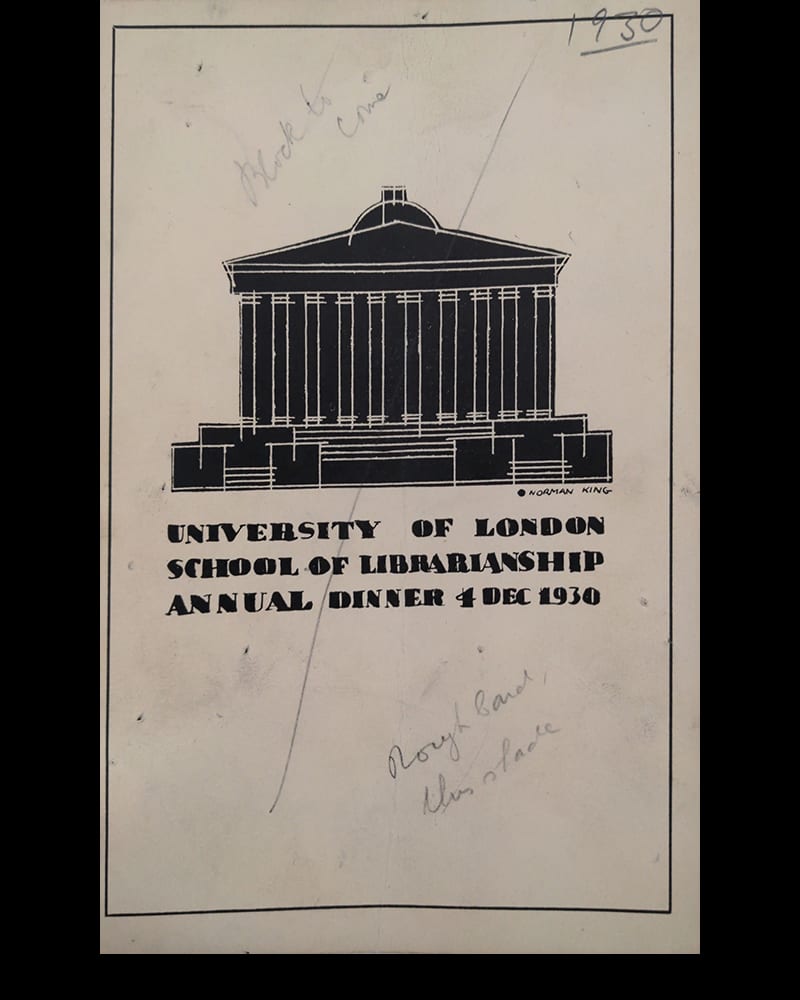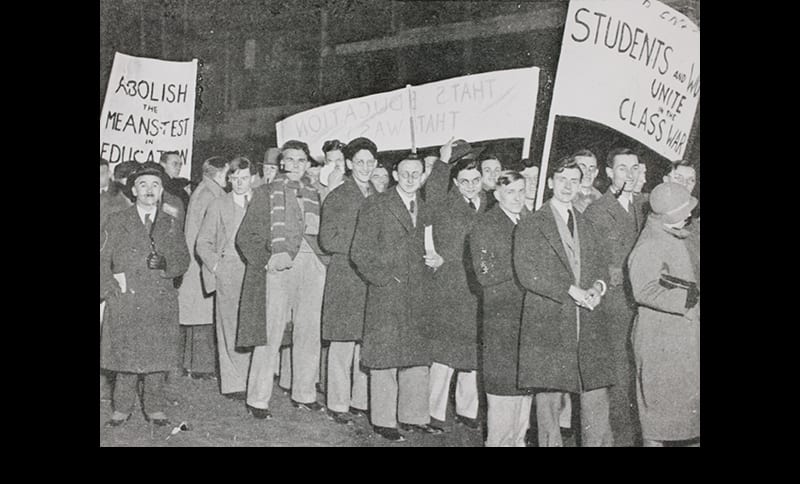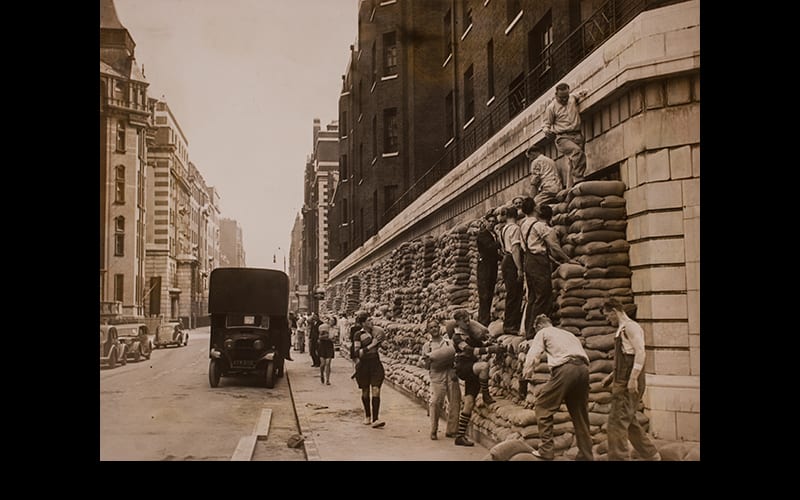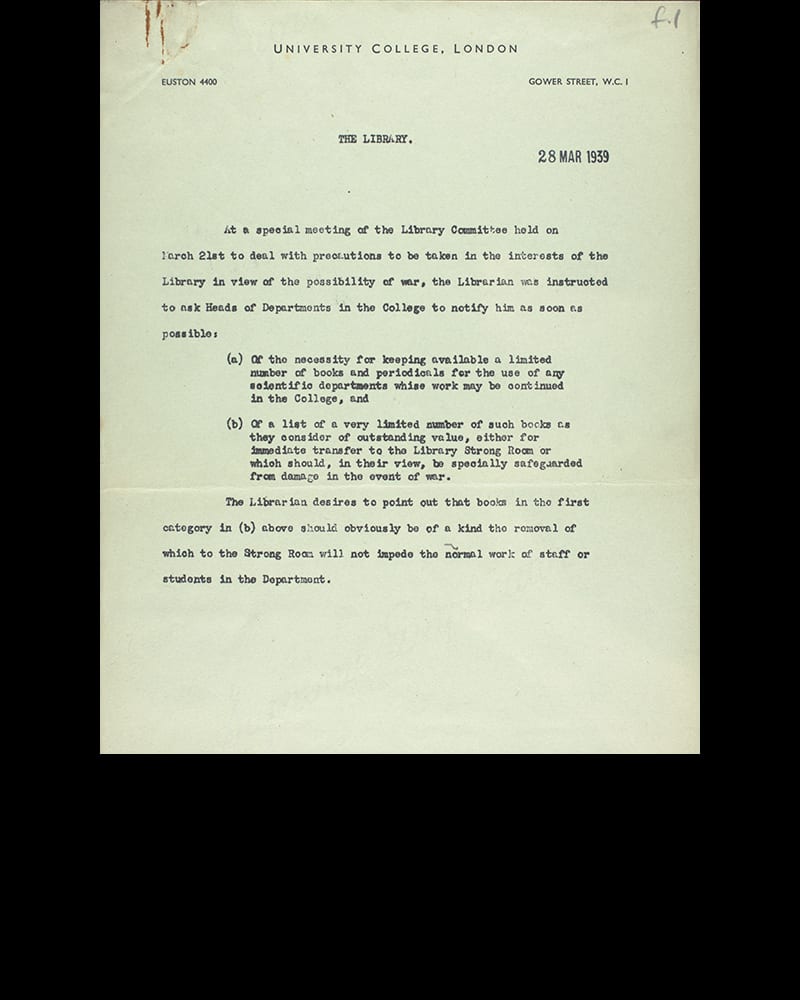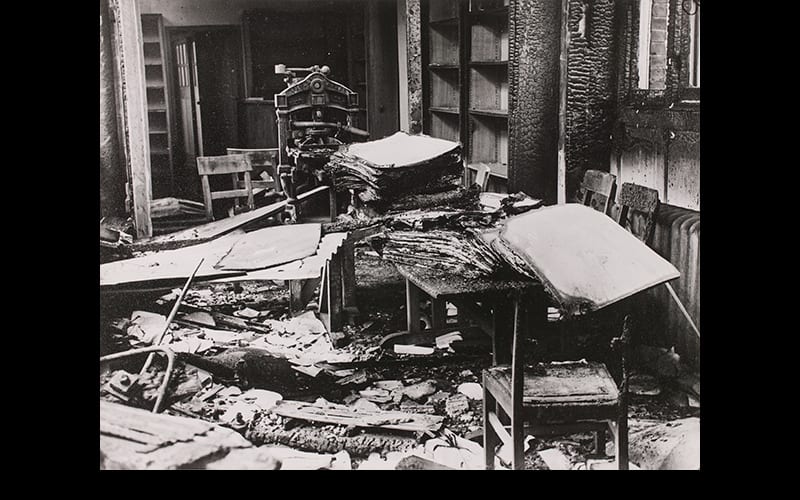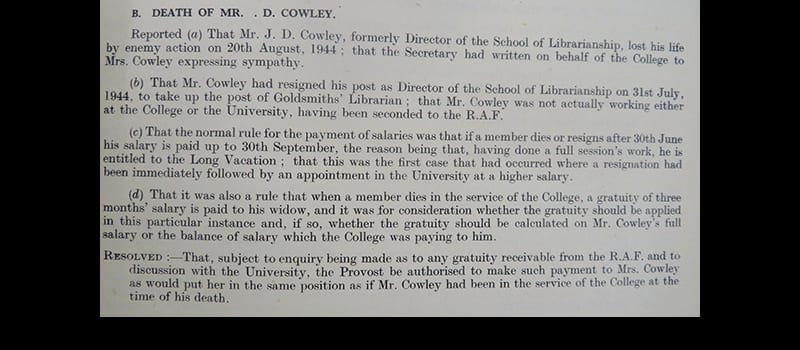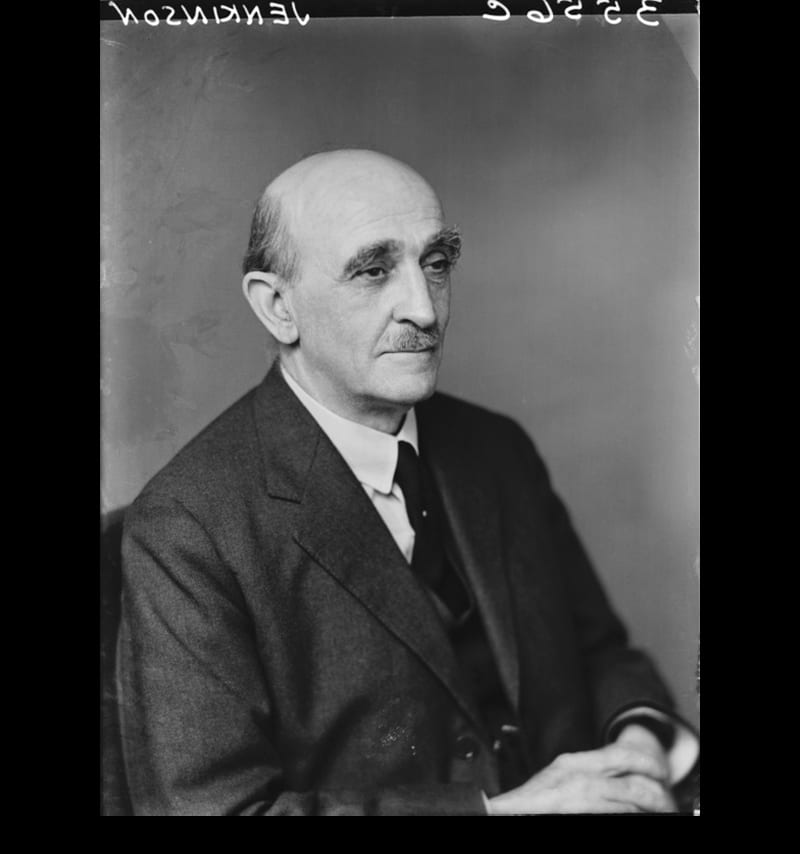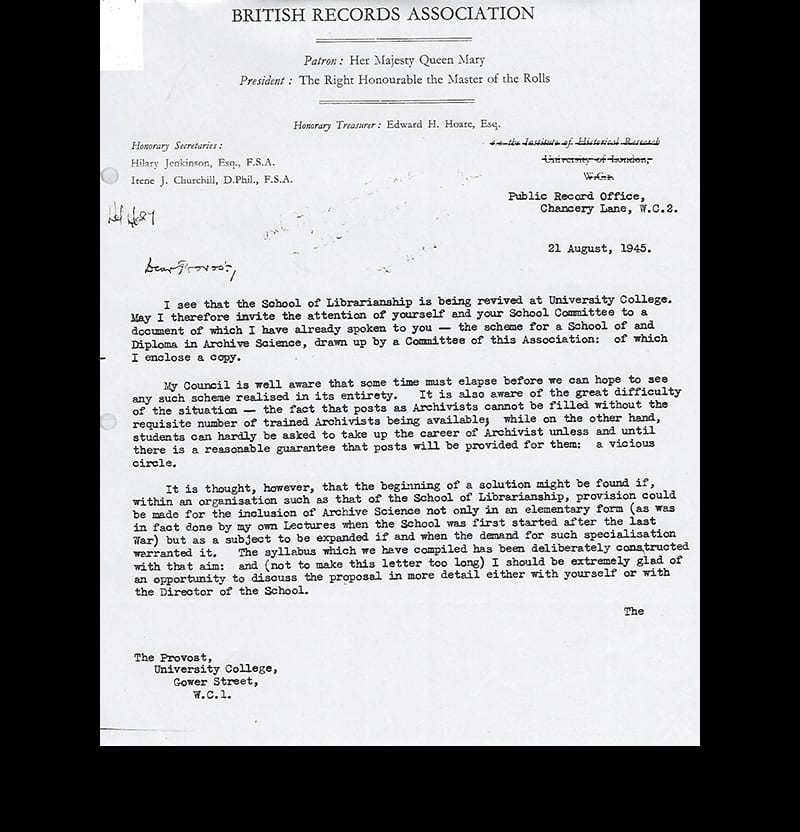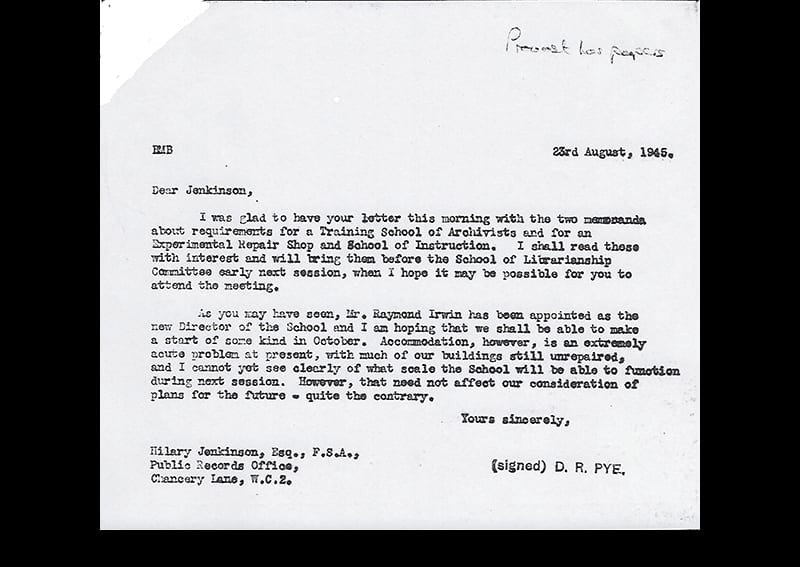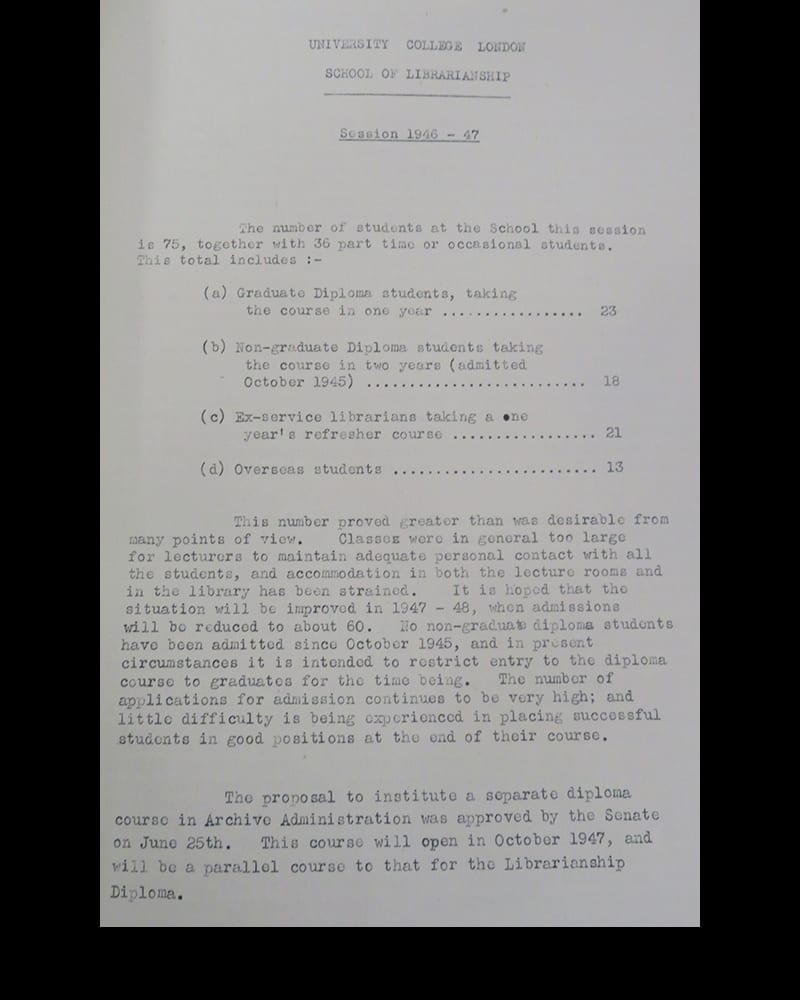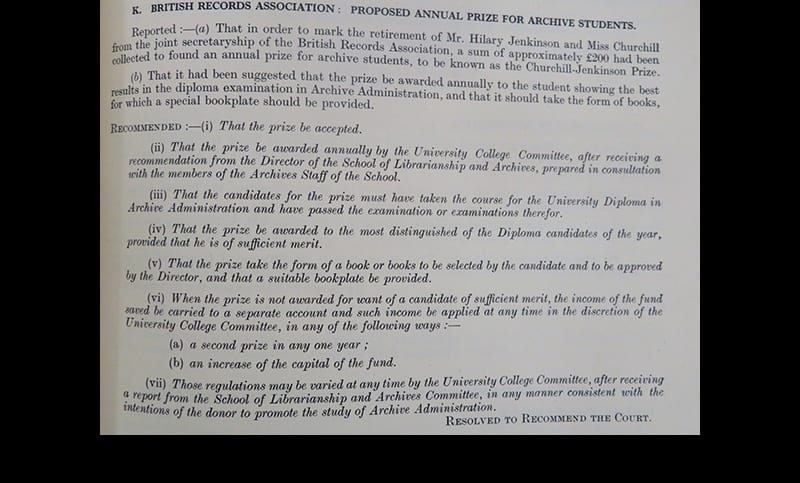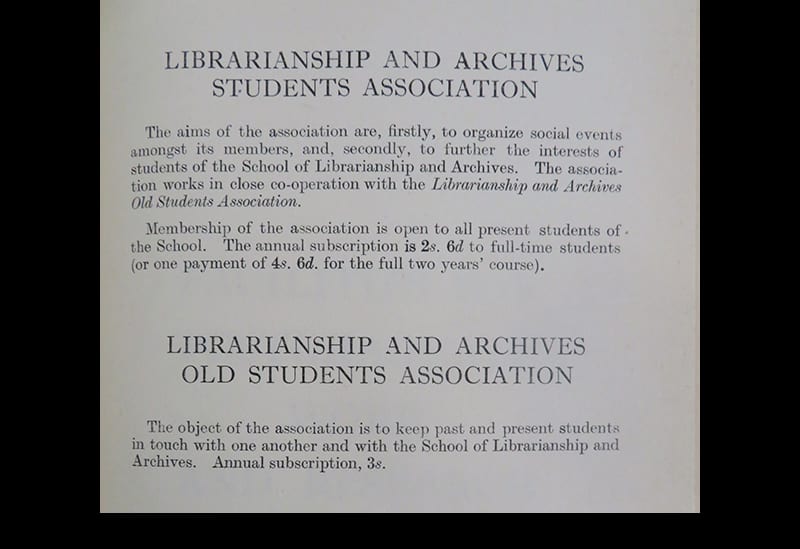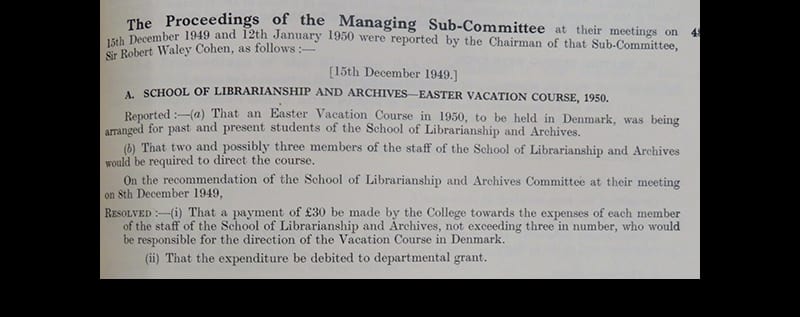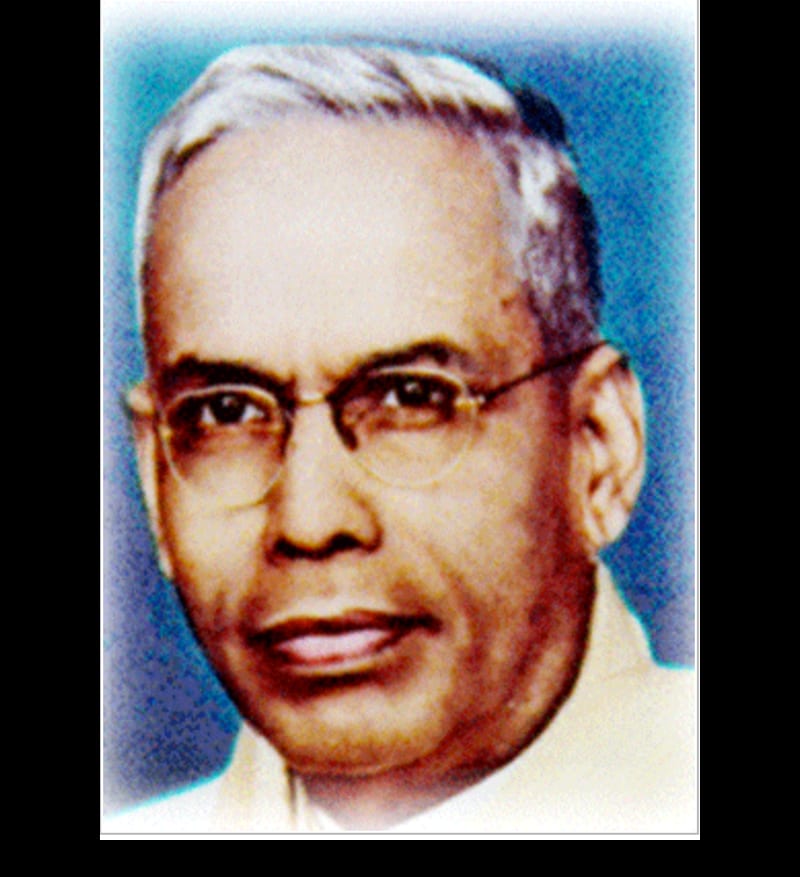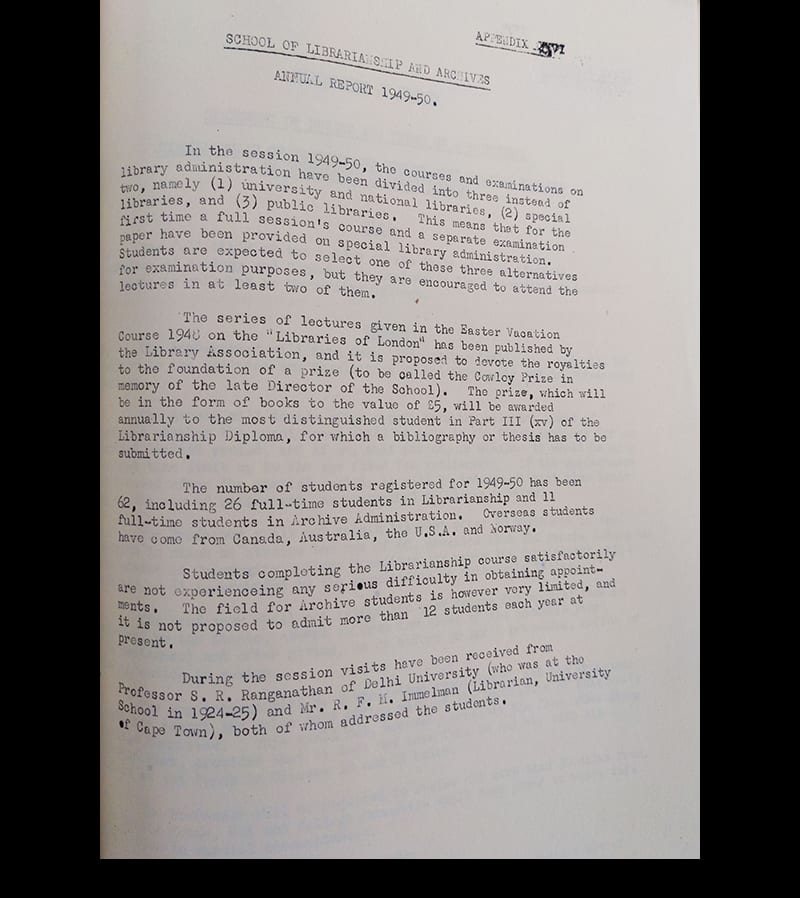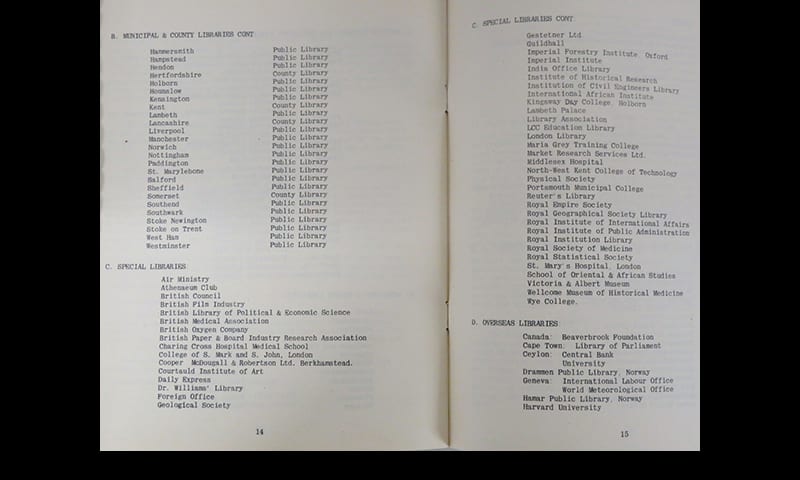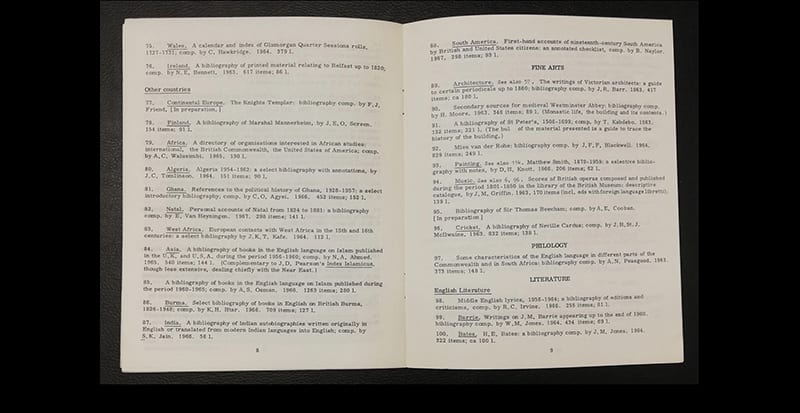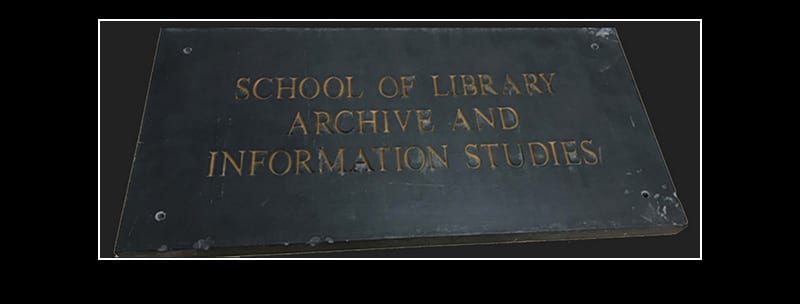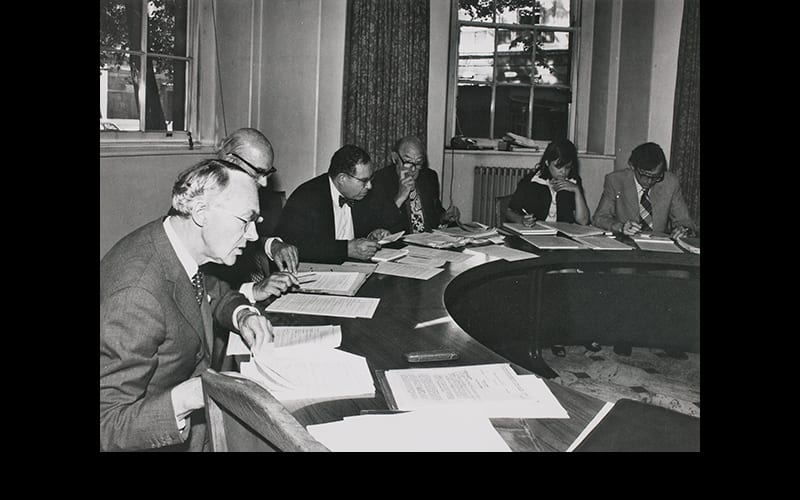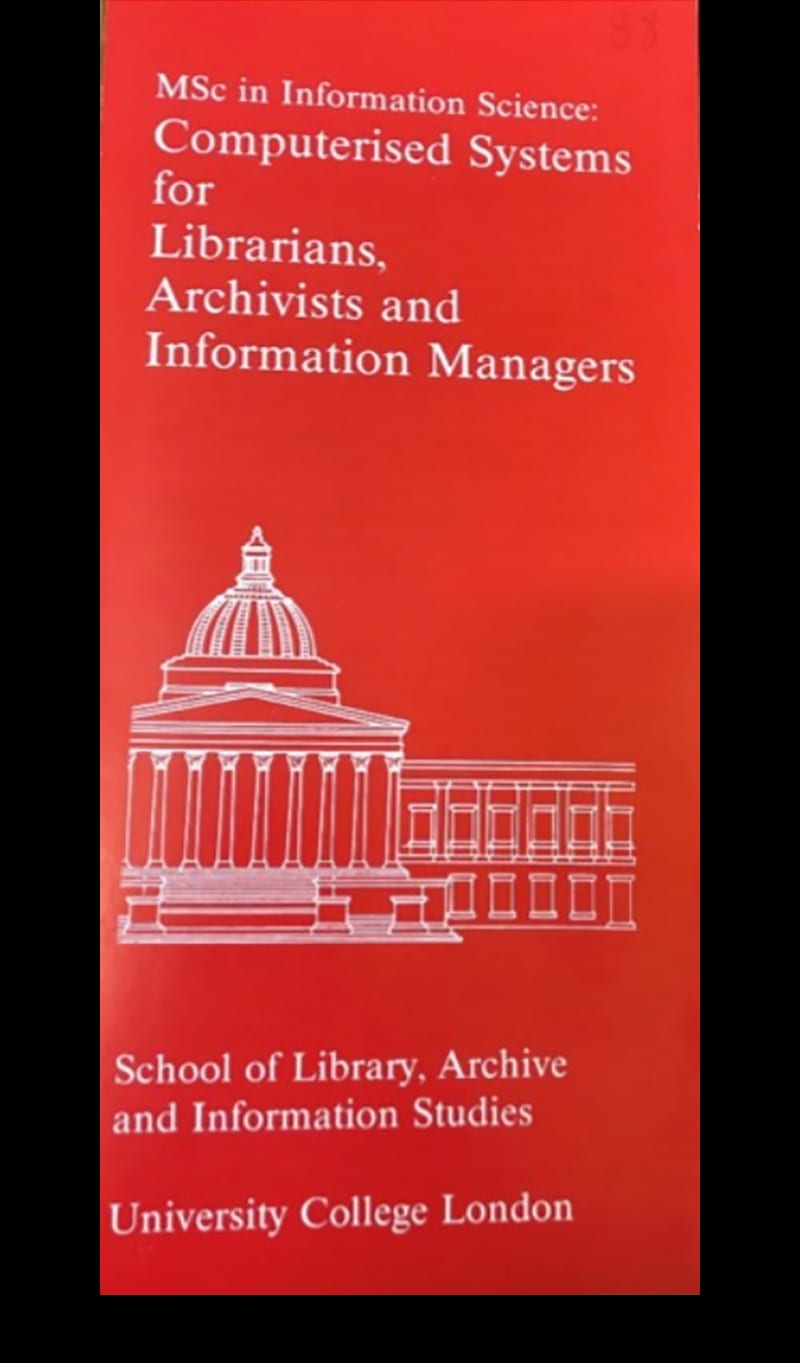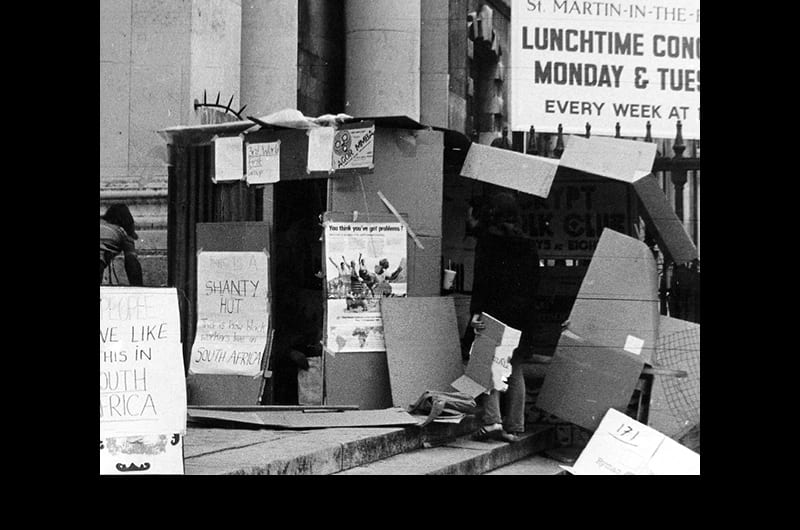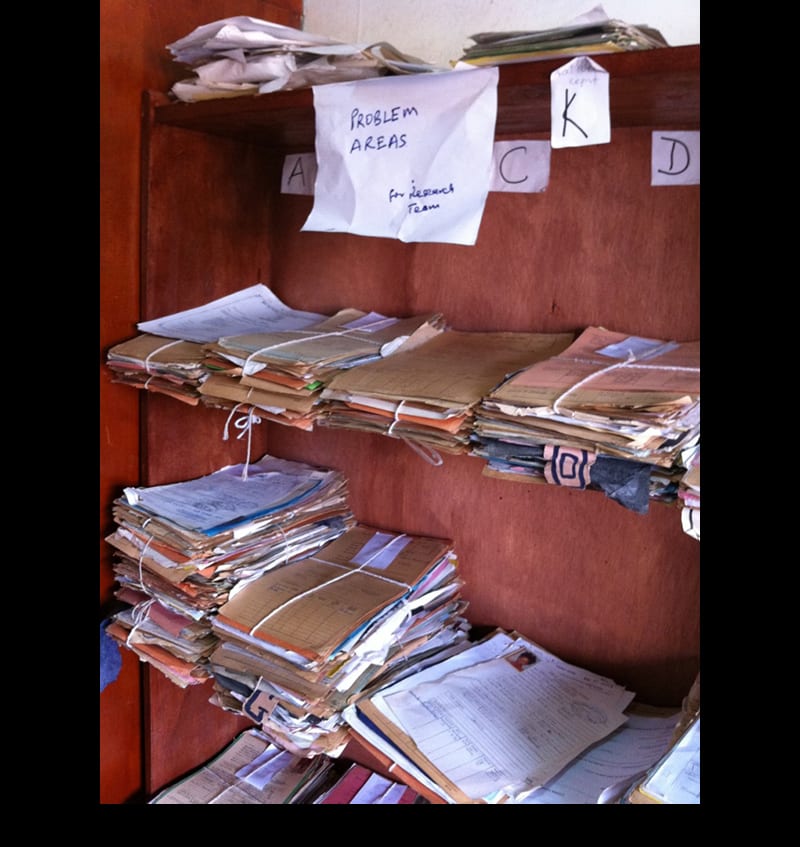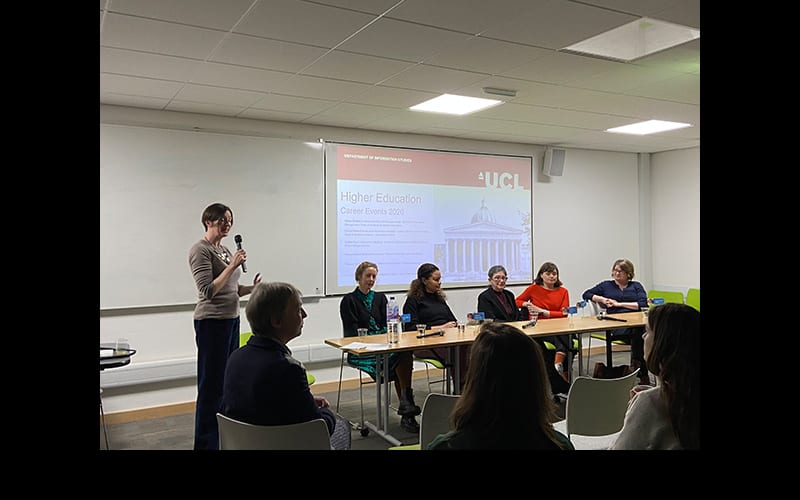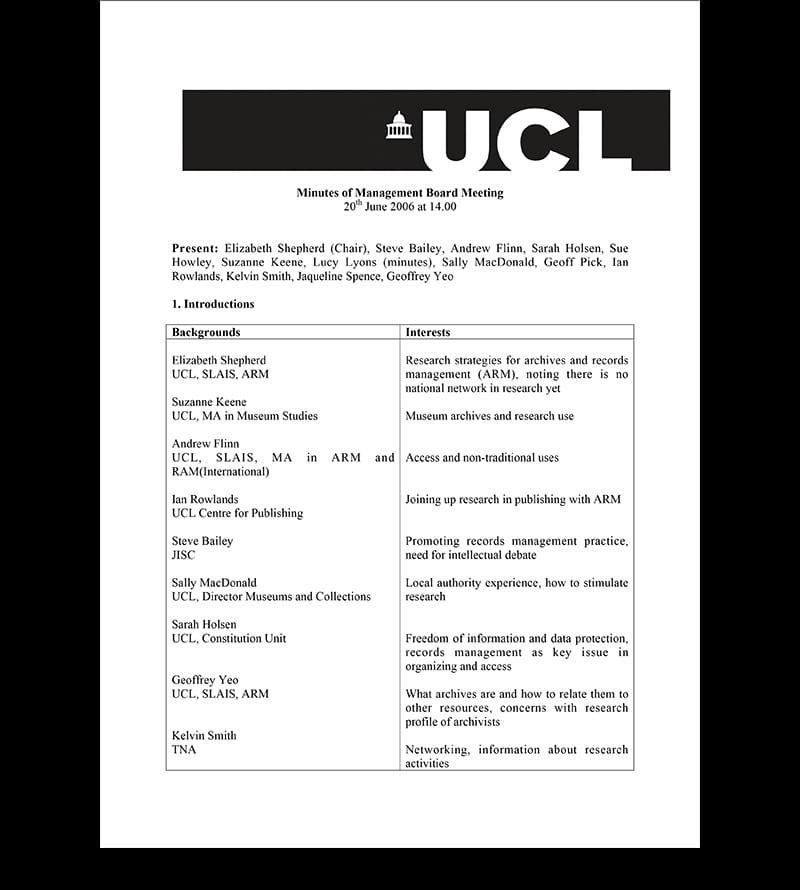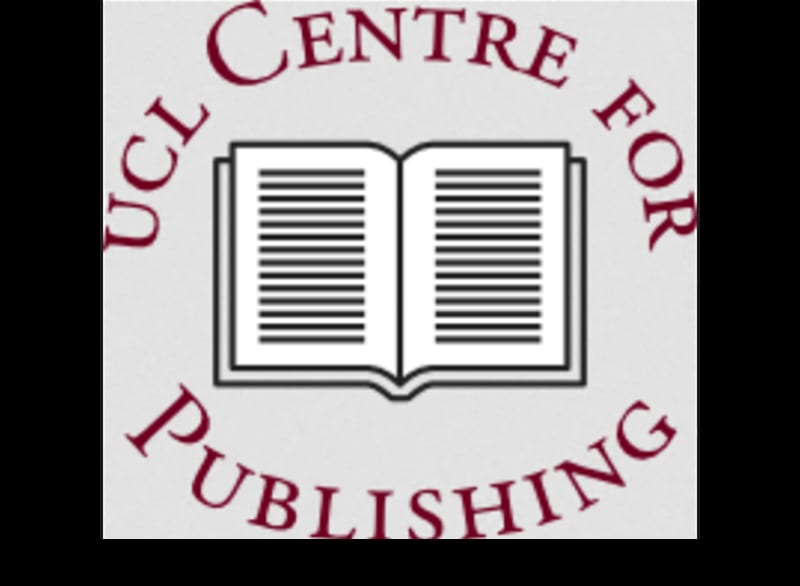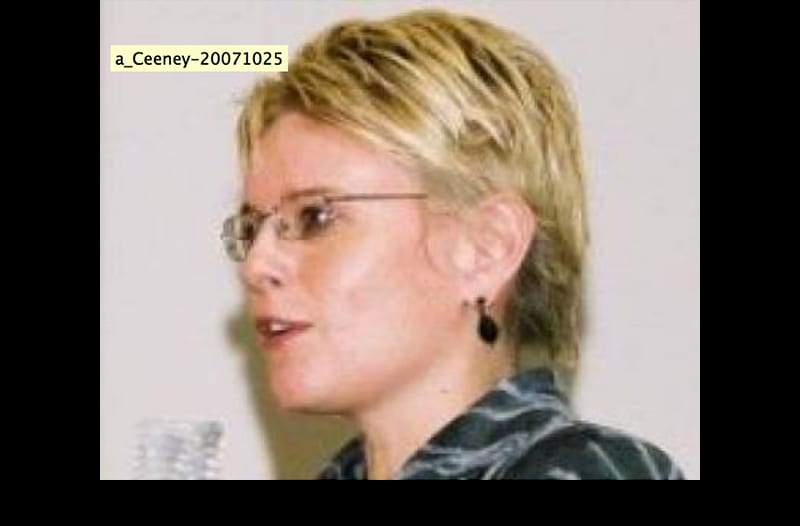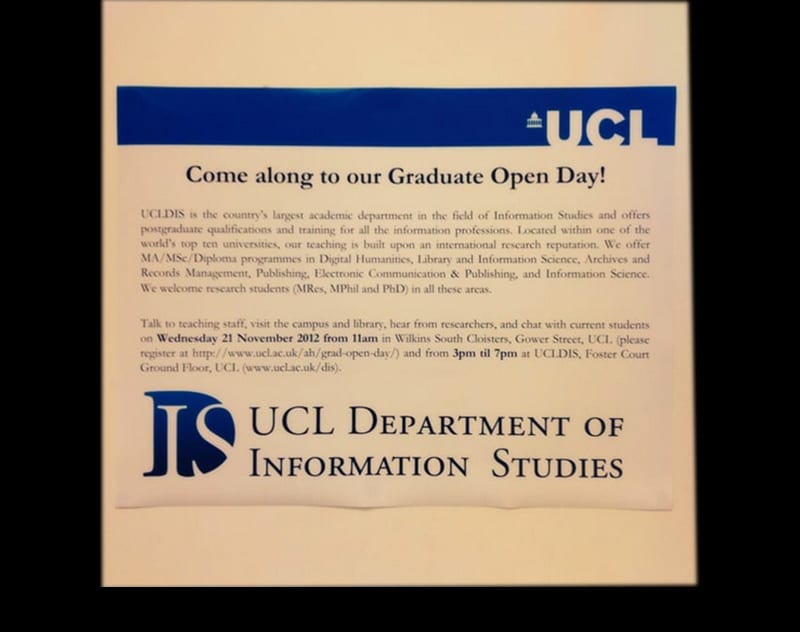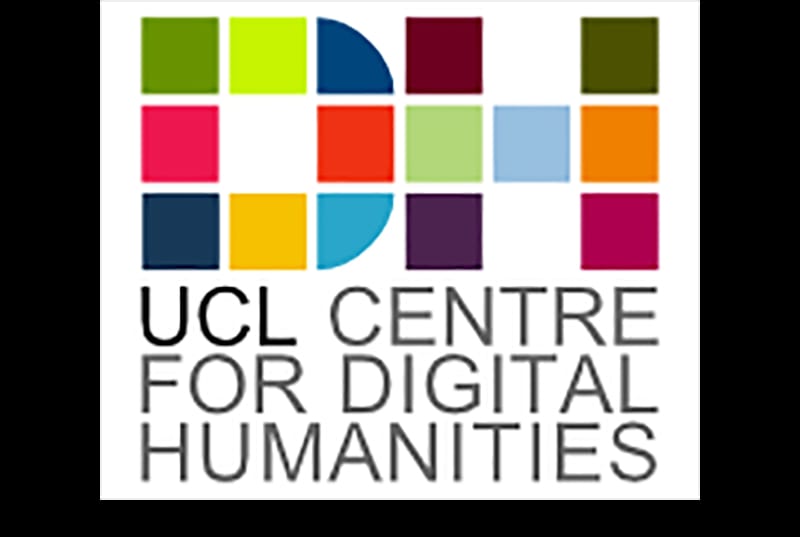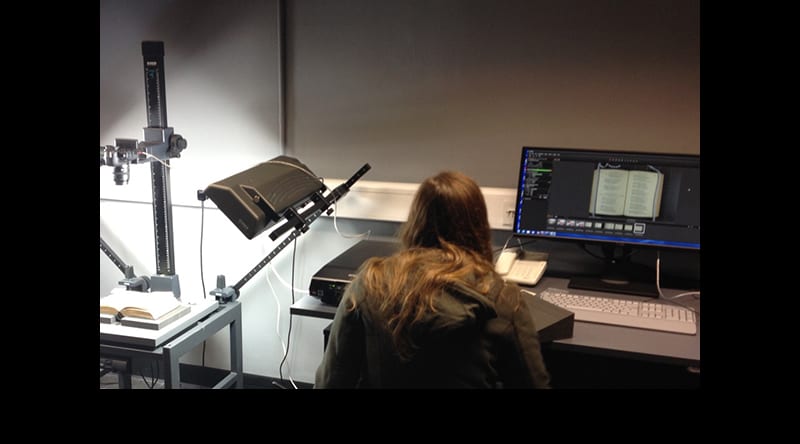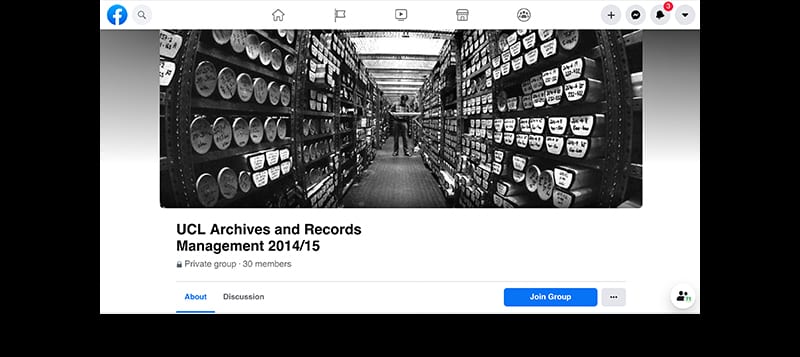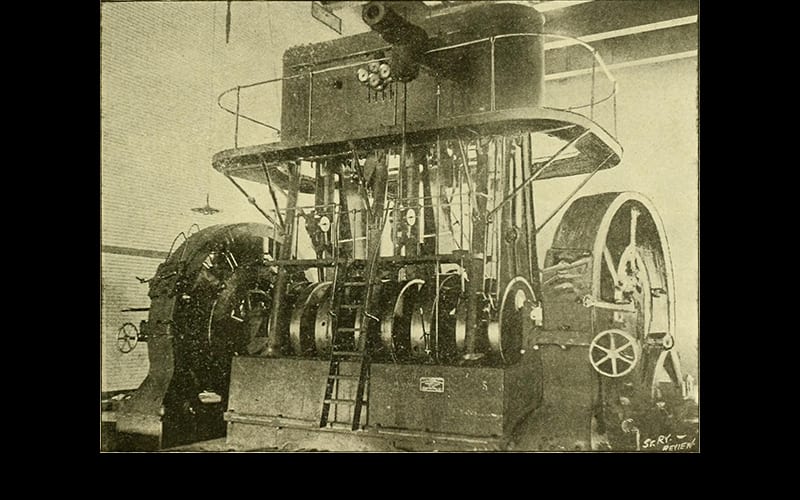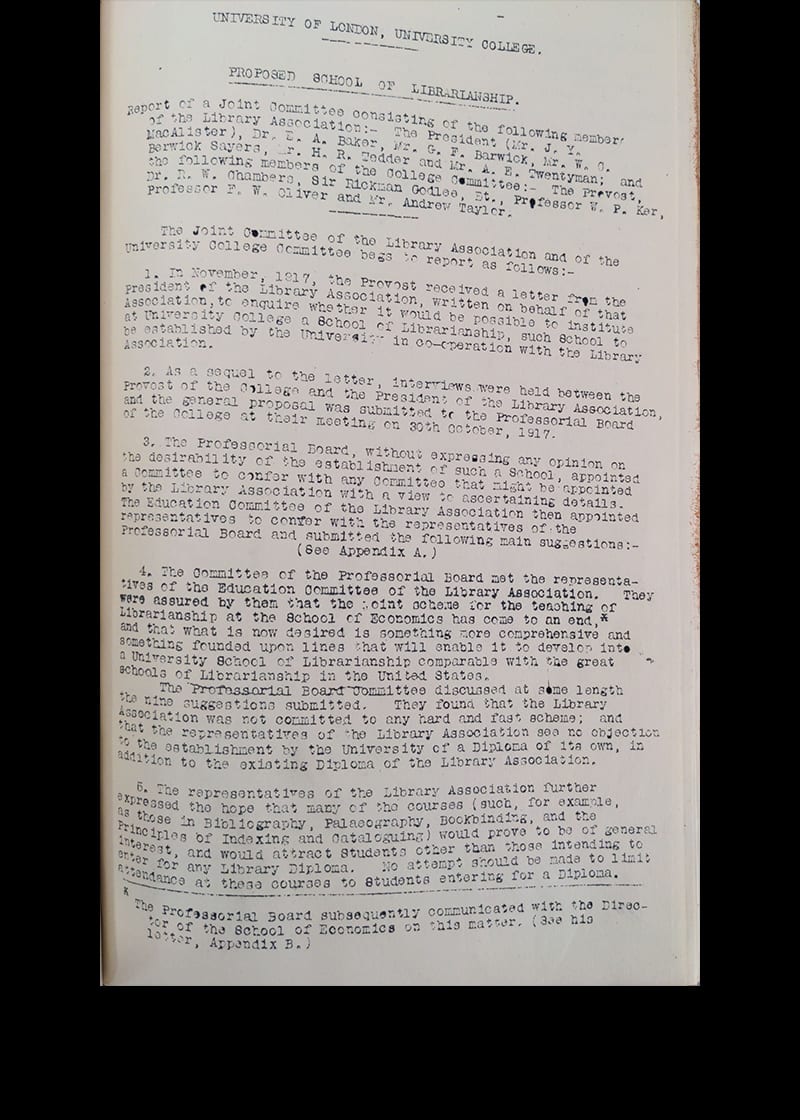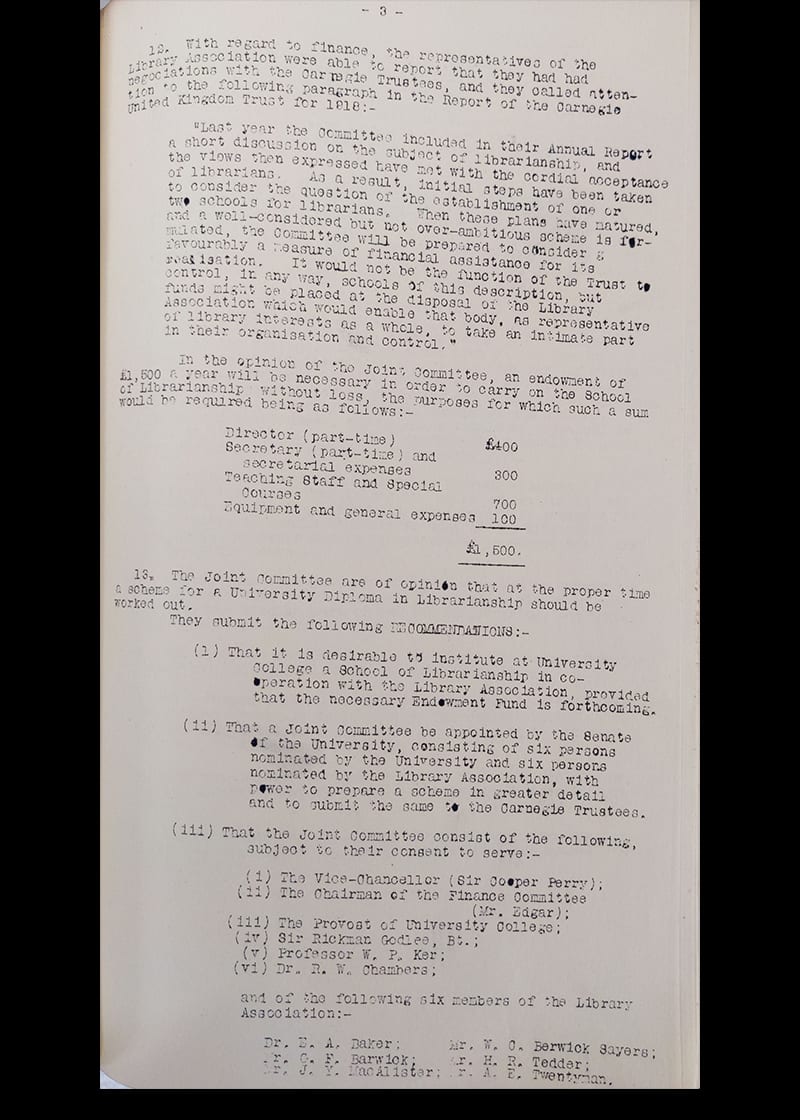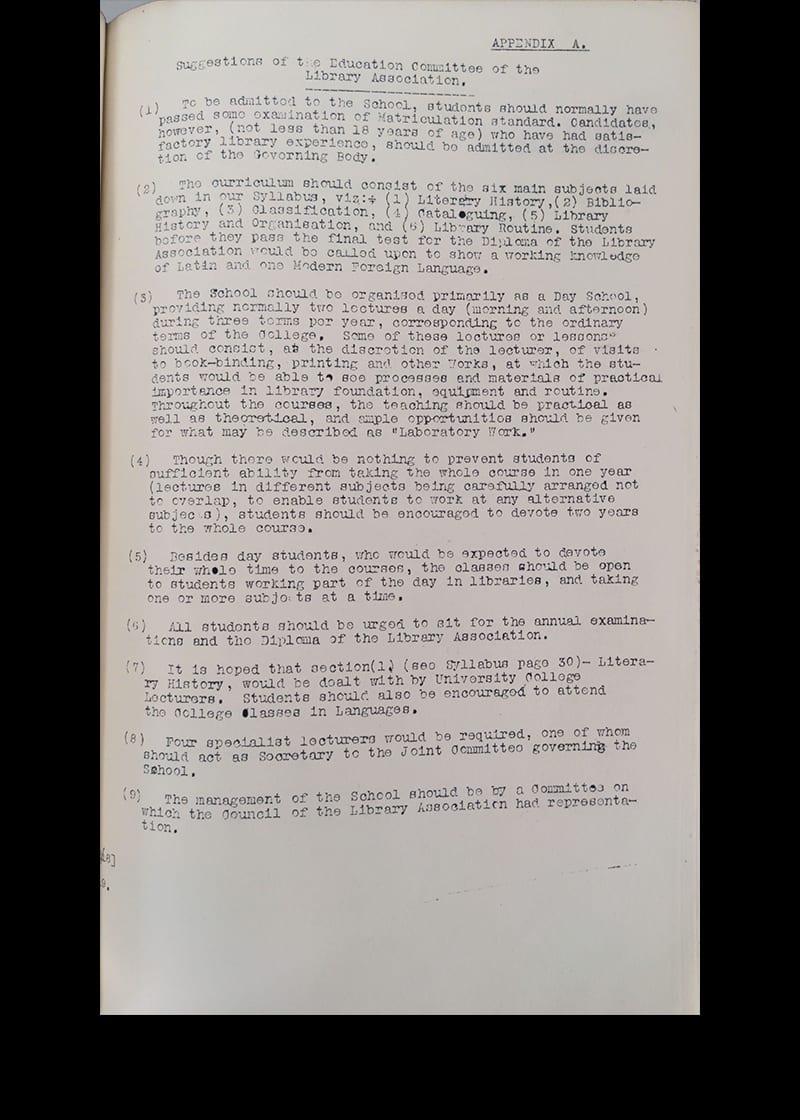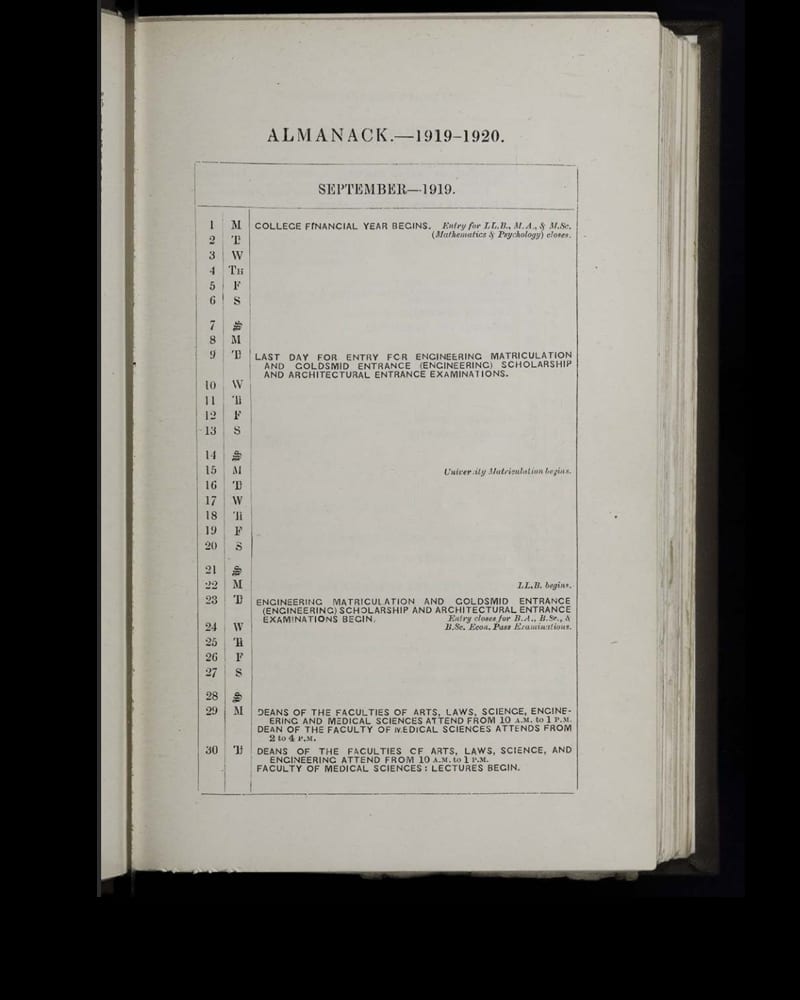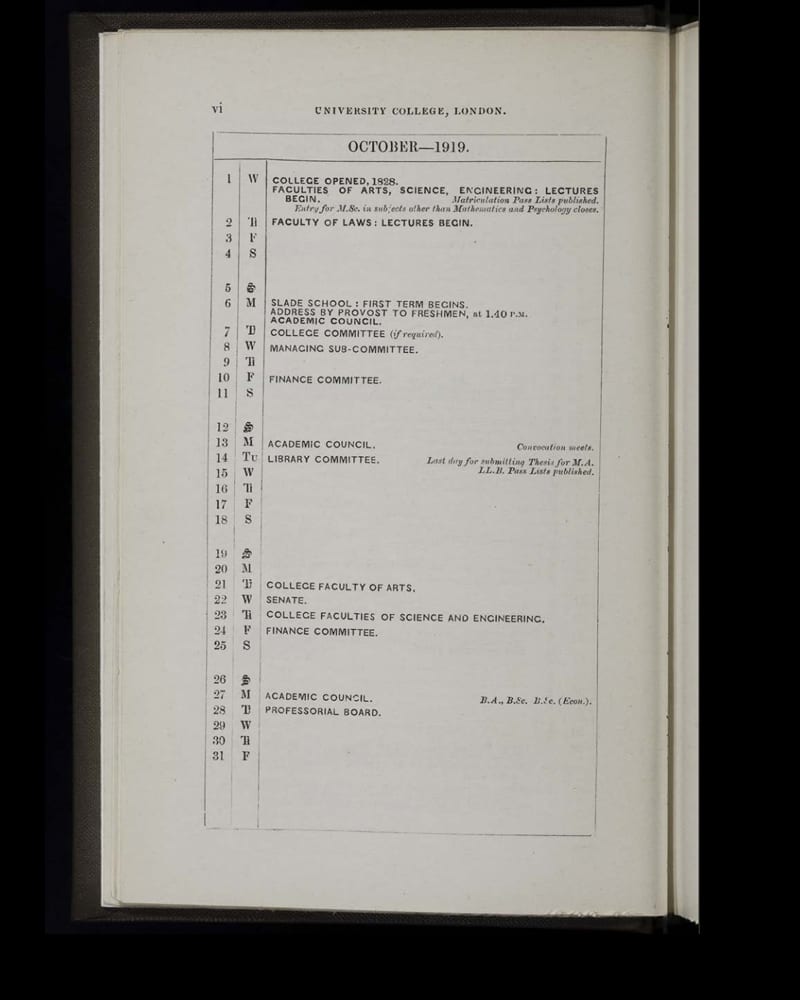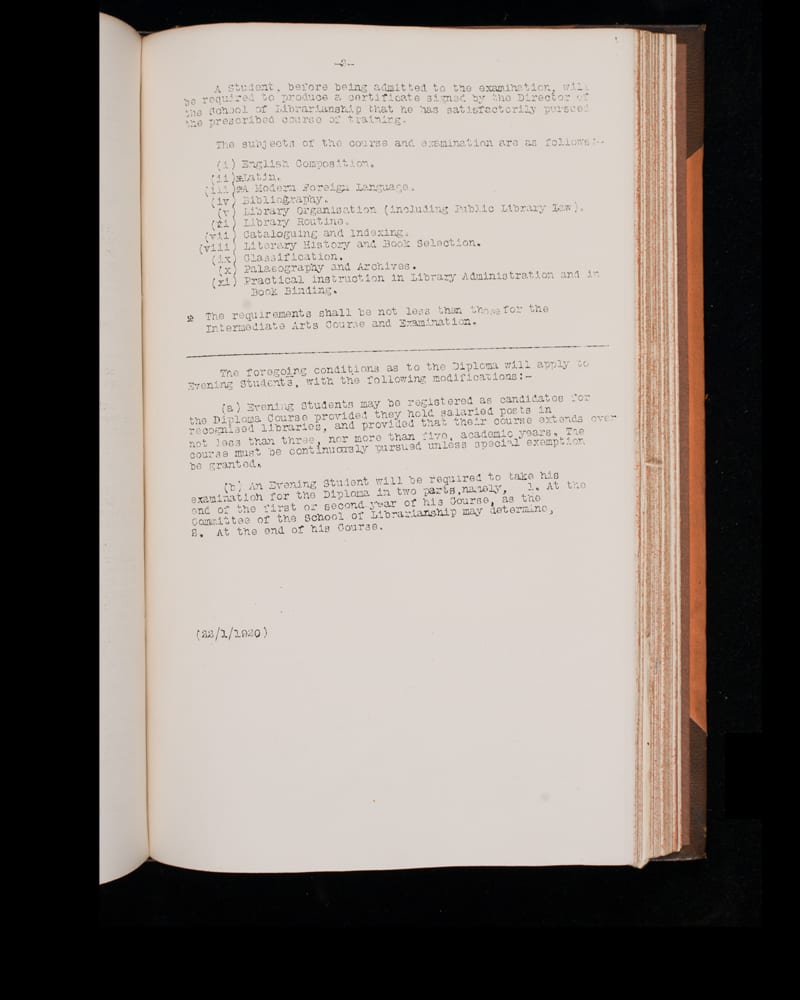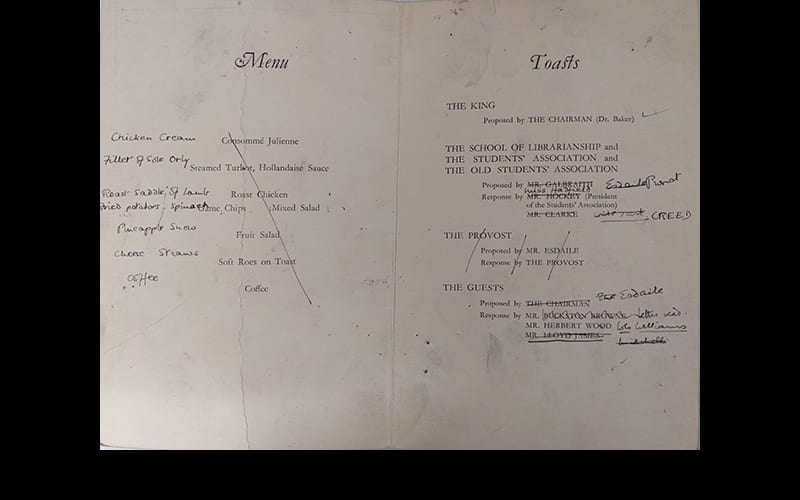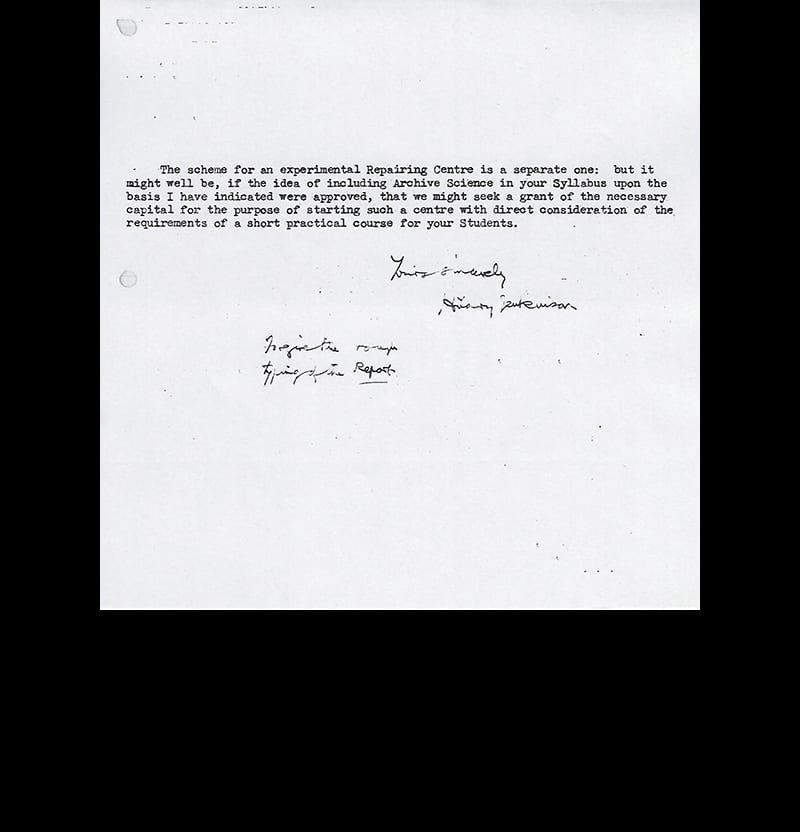Timeline
1917
1918
Proposal for a School
The proposal for the institution of the School of Librarianship is officially presented in a report by the Professorial Board for discussion by the University College Committee. The proposal is approved and it is agreed that a special Committee is formed to consider the report and submit the proposal to the Senate.
Feasibility study
William Matthew Flinders Petrie is one of the appointed members of the committee evaluating the feasibility of the School.
Endowment fund
The University College Professorial Board recommends the establishment of a joint Committee to oversee the process of securing an endowment fund before approving the institution of a school for the training of librarians. The Committee will include members of the University and the Library Association.
1919
Committee report
The members of the joint committee are nominated and a report produced and approved by the University College Committee to be submitted to the Senate.
Committee members
Dr Raymond Wilson Chambers is one of the committee members appointed by the University.
Curriculum subject areas
The report on the Proposed School of Librarianship specifies the subject areas to be included in the curriculum and the costs associated with setting up the course.
Demand for librarians
The first two decades of the 20th century see a significant increase in the demand for librarians within the expanding job market.
Financial support
Carnegie UK Trust is approached for financial support. On 1 May 1919 A. L. Hetherington of Carnegie UK Trust Prudential writes to J. Y. W. MacAlister informing him that the trustees have considered the application for a grant not exceeding £7,500 payable in 5 yearly instalments of £1,500 “with the object of initiating on an experimental basis a school of Librarianship at University College”. Hetherington proposes a joint committee of the two bodies (the University and the Library Association) to administer the school.
First Director of the School
On 25 June 1919 the Senate accepts the offer of Carnegie UK Trust to fund the course over five years, putting in motion the creation of the first British School of Librarianship at the University. Ernest A. Baker is offered the post of Director of the School, which he accepts on 1 August 1919.
Official start
The new course in Librarianship officially starts in October 1919 and the full regulations are published in the UCL Calendar for the session 1919-1920.
Course regulations
The course for the Diploma extends over two academic years and is regulated at the same level as the Intermediate Arts Course.
1920s & 1930s
First intake of students
The first intake of students at the School of Librarianship amounts to 88, of which 34 full time and 54 part time. The cohort comprises a number of ex-service men, as well as students already working in libraries.
Students cohort
From the start of the School a high proportion of female students is seen to take up the course. This trend in students’ enrollment is set to remain a constant of the School of Librarianship.
Students bursary
Thanks to a donation from Sir John MacAlister, a bursary is established for the most deserving student nominated by the School of Librarianship Committee.
Student grants
Following World War 1, grants are offered to ex-service men to give them the opportunity to return to their studies after serving in the war. Many female students enrol in the course after having been employed in roles which helped during the conflict.
Annual Dinners
From the 1920s to the 1960s Annual Dinners are organised by the Librarianship and Archives Students’ Association. The Christmas Party and Grand End-of-Session Dinner soon become highlights in the students’ annual calendar.
Fair access to study
During the 1930s students at University College start campaigning for a fair access to study for all.
WW2 safety precautions
Declaration of war in 1939 forces the University to take precautions for the safety of its premises, staff and students. As a result many teaching programmes are removed to Aberystwyth and Bangor in Wales while the School of Librarianship is suspended from 1939 to 1945, with many leaving London to join the World War 2 effort.
Removal of books
Removal of books of outstanding value from the College Main Library to the Library Strong Room begins in March 1939.
1940s
The London Blitz
Between 1940 and 1941 the German bombing campaign, also known as the London Blitz, causes serious damage to University College campus, with many of its libraries and buildings damaged or destroyed during the air raids.
Bomb damage
While University staff evades the risks of bombing by leaving Bloomsbury, most of the material contents remains behind, bearing substantial damages as a result of the conflict.
Human losses
John D. Cowley, Director of the School of Librarianship from 1934 to 1944, is amongst the war casualties. He lost his life in enemy action on 20 August 1944. His life is commemorated by the Cowley Prize awarded since 1950 by University College London for the Library and Information Studies programme.
School re-opening
With the war coming to an end, the School of Librarianship re-opens in October 1945. Sir Hilary Jenkinson plays an important role in this new phase of development as secretary of the British Records Association, founded in 1932 to promote the preservation, understanding, accessibility and study of historic records and archives.
Diploma in Archive Studies
Sir Hilary Jenkinson suggests the addition of a Diploma in Archive Studies due to the high demand for archivists in the professional sector.
Positive response
The Provost positively acknowledges the proposal for setting up the first teaching programme in England on Archive Studies.
Appointing the new Director
In August 1945 Raymond Irwin is appointed new Director of the School of Librarianship.
First Archive Administration programme
On 5 May 1947 the Academic Council recommends the institution of a Diploma in Archive Administration to “meet the increasing demand for archivists, for whom a more specialised course is required than that for the Diploma of Librarianship.”On 14th October 1947 the programme begins and the School changes its name in School of Librarianship and Archives.
Archive Students Annual Prize
In 1948 the British Records Association proposes an Annual Prize of £200 for Archive Students to be spent on books. The prize marks the retirement of Mr Hilary Jenkinson and Miss Irene Churchill from the joint secretaryship of the British Records Association and is to be known as the Churchill-Jenkinson Prize.
Librarianship and Archives Students Association
In the academic session 1948 – 1949 a Librarianship and Archives Students Association is established to run alongside the Old Students Association with the aim of organising social events and furthering the interests of students of the School.
1950s
Easter Vacation Courses
The continued level of collaborations with European institutions is reflected in Easter Vacation Courses, a provision started in the 1930s and continuing in the 1950s. Over the decades destinations include Italy, Spain and The Netherlands, where students are shown various book production methods and local libraries. Students also arrange regular visits to different libraries in the UK.
Sir Hilary Jenkinson
In 1950 the title of Honorary Fellow of University College is granted to Sir Hilary Jenkinson who decides to offer the college the copyright of his Manual of Archive Administration.
International visits
International visits from distinguished professionals such as Prof S. R. Ranjanathan from Delhi University and R F M Immelman, Librarian at the University of Cape Town, offer students the opportunity to engage with wider perspectives on archival practices and librarianship science. This is matched by international students recruitment, which becomes a distinguishing feature of the School with the enrollment of students from Australasia, Europe, Africa, South America, North America and Asia.
High employment rate
At the same time the expanding job market increases the demand for librarians which results in a high employment rate of students completing the course.
Employment opportunities
The trend, started after WW2, is partly the result of a limit in the number of new enrollments. In Archive Administration this is set up to 12 students per year.
By the late 1950s Latin, Palaeography, and Diplomatic of English Archives are not compulsory any longer and students are encouraged to study the development of libraries and archives from their country of origin.
1960s & 1970s
Students admission policy
In 1962 the number of students taking the course of Librarianship rises to 100, while the intake for the Archive Diploma stands at 10. Today the gap between students undertaking Library and Archive studies is much smaller, reflecting wider sector changes, particularly in the face of recent cuts to public library services.
Hands-on experience
Between the 1960s and 1970s the School’s long tradition of valuing both academic and practical skills for teaching and learning starts to be reflected in students’ dissertations and exemplified in bibliographies and catalogues of collections aimed at providing them with hands-on sector experience.
New academic qualifications
To reflect the changing needs of academic qualifications, in 1966 Masters and Doctorate qualifications are introduced, including the Master of Arts (MA) by examination, the Master of Philosophy (MPhil), and Doctor of Philosophy (PhD) degrees in either Librarianship or Archives. In 1970 the main diploma is retitled as Diploma in Library and Information Studies, and in 1972 the school changes its name in School of Library, Archive and Information Studies in recognition of the increasing role that information studies plays in the professional world.
Setting up the Master in Information Science
The College Council is the body in charge of ratifying the decision to introduce the Master in Information Science at the School in 1972.
The prospectus
Launched in 1972, the Master prepares students for management roles in the information industries.
1980s
Ethical issues and social justice
Social Justice, ethics and archiving start to be topics of discussions with students at the School. The discussions take place against the backdrop of UCL students participation in the South African Anti-Apartheid Movement campaigns.
International Records Management Trust
The International Records Management Trust is established in 1989 by Dr Anne Thurston, OBE, to develop new strategies for managing records and information. Over the years the charity has worked closely with the School to engage students with issues related to civil and human rights, strengthening democracy, and demonstrating accountability and transparency through archive practices.
1990s & 2000s
Students’ career support
The international make-up of the student body is reflected in the topics covered in dissertations. Bibliography and catalogue assessments are replaced with industry placements. A stronger emphasis is given to group work and practical imaginings of work scenarios, including the creation of relational databases and online exhibitions to prepare students to work in the information sector. A number of research centres are established as well as organisation of career events for students.
Research centres
The International Centre for Archives and Records Management Research (ICARUS) is founded in 2005 to promote an international, inclusive and sustainable network of critical thinking on archives and records management practice. KIDS (Knowledge Information and Data Science Group) is set up to develop methodologies, algorithms and paradigms that build bridges between logic-based AI and statistical machine learning approaches.
Centre for Publishing
The UCL Centre for Publishing is established in 2006 following the Head of School, Prof Dave Nicholas, view that publishing should sit in an information management setting alongside the other programmes. This soon leads to the creation of a Publishing MA led by Professor Iain Stevenson. The centre is behind the UCL Publishers’ Prize, an annual creative writing competition organised by a team of MA Publishing students.
Sir Hilary Jenkinson annual lectures
In 2007, the department celebrates the diamond jubilee of archival education at UCL by establishing a new annual lecture named in honour of Sir Hilary Jenkinson, Deputy Keeper of the Public Record Office.
The School changes name
In 2009 the department changes its name from School of Library, Archive and Information Studies to Department of Information Studies.
2010s
Centre for Digital Humanities
In 2010 the UCL Centre for Digital Humanities is founded to carry out multidisciplinary research covering the intersection of digital technologies with the humanities.
Multi-Modal Digitisation Suite
A Postgraduate course in Digital Humanities is officially launched in 2011, followed by the opening of a state of the art Multi-Modal Digitisation Suite. This is located with UCL Special Collections and works on a number of projects testing new advanced imaging techniques on real historical objects, and answering questions posed by librarians and conservators in Special Collections.
Students’ support networks
Students in the Department move part of their social activities online by creating Facebook groups and other online platforms, which provide them with a support network during and after their studies.
